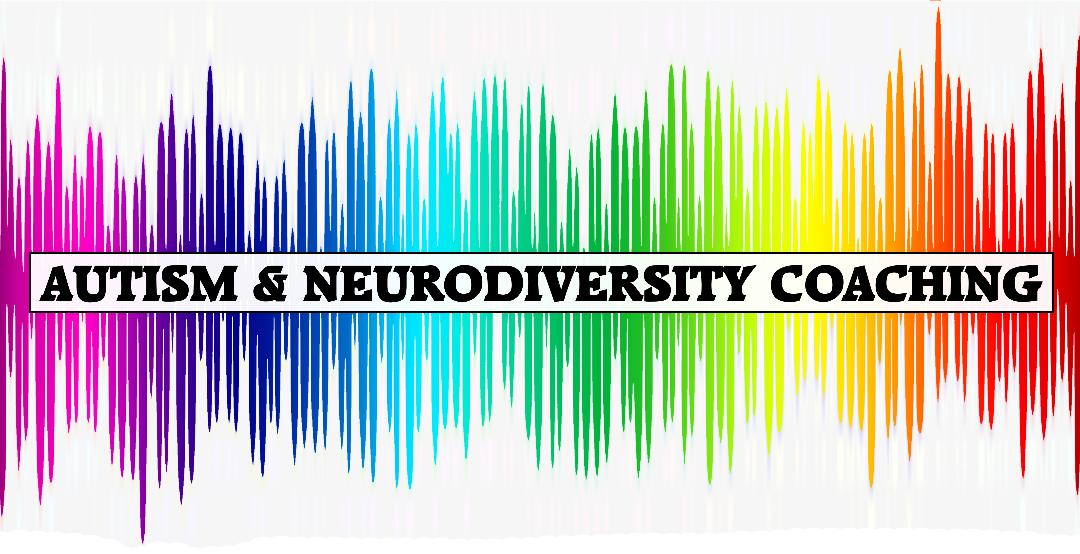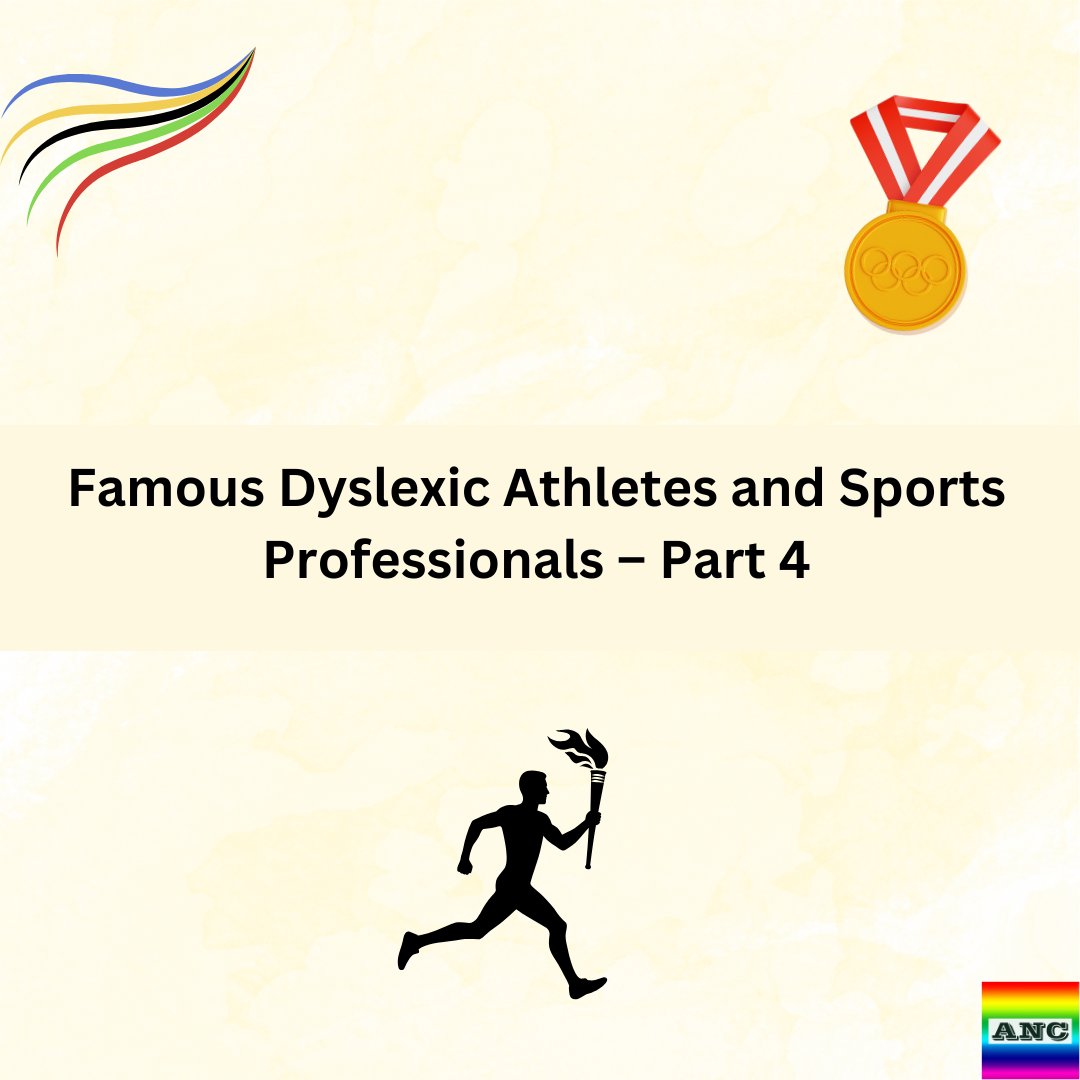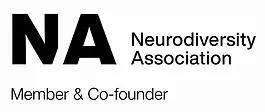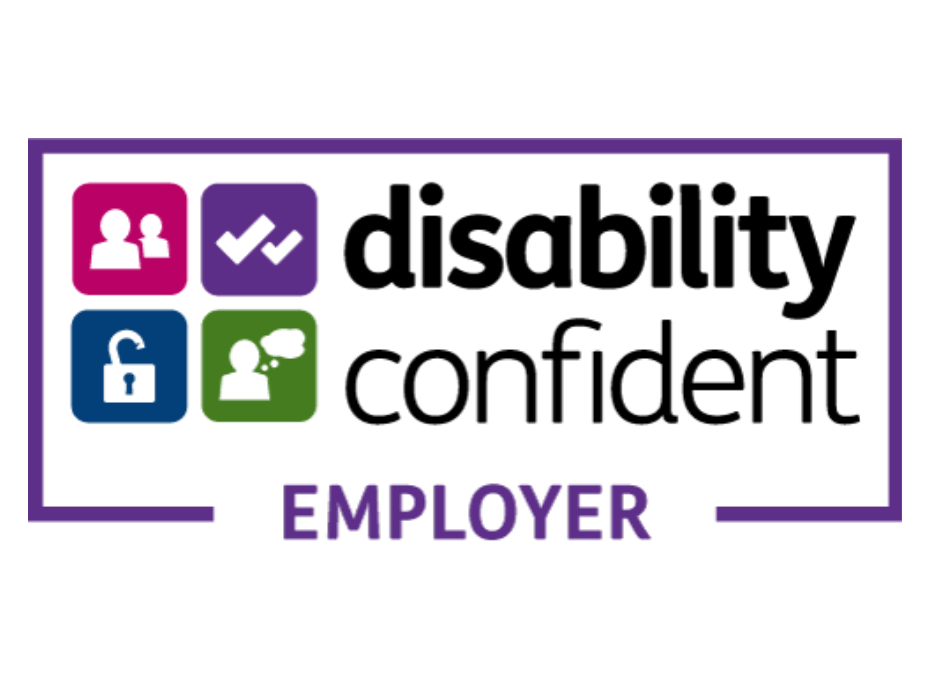Dyslexia's Unique Advantages in Sports: Part 2

Faster Decision-Making Under Pressure
Research suggests that individuals with dyslexia often process information differently, bypassing the linear, step-by-step approach many people use. Instead, they tend to take in the big picture all at once. In high-speed sports like motor racing, skiing, or martial arts, where split-second decisions can determine the outcome, this ability to quickly assess the situation and react can give dyslexic athletes a significant edge.
For instance, martial artists with dyslexia may find themselves instinctively responding to an opponent's movement without over thinking, giving them a tactical advantage in sparring matches or competitions.
Team Dynamics and Leadership
Because dyslexic individuals often struggle in traditional learning environments, they develop strong interpersonal skills, such as empathy and communication. These skills can be invaluable in team sports, where understanding your teammates, building trust, and leading effectively are critical for success.
Athletes with dyslexia often thrive in team environments, serving as natural leaders who inspire others with their resilience and positive outlook. Their ability to connect with teammates and maintain a collaborative approach can boost team morale and create a winning spirit.
Increased Sensitivity to Movement and Rhythm
Many athletes with dyslexia show an increased sensitivity to movement and rhythm, which can be especially advantageous in sports like dance, gymnastics, or swimming. These sports require precise timing and fluidity of movement, areas where dyslexic athletes often shine due to their heightened bodily awareness.
Gymnasts, for example, rely on perfect coordination between mind and body to perform complex routines. Dyslexic athletes’ heightened sense of rhythm and timing allows them to navigate these demands with a natural grace that sets them apart.
Dyslexia as a Hidden Superpower in Sports
While dyslexia may present challenges in traditional academic settings, the cognitive differences associated with it can be a boon in sports. From enhanced spatial awareness and problem-solving skills to resilience and quick decision-making, athletes with dyslexia often demonstrate unique strengths that help them excel in their chosen fields. By reframing dyslexia as a difference rather than a deficit, we can begin to recognise and nurture the untapped potential of dyslexic athletes, ensuring they continue to break barriers and inspire the next generation.
Dyslexia is not a limitation in sports—it's a hidden superpower.











